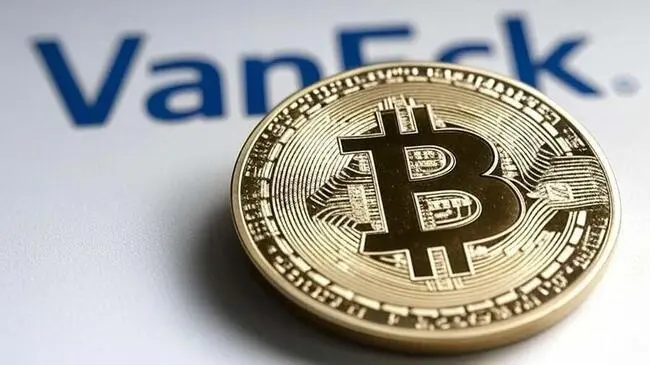VanEck’s report suggests the U.S. could cut its national debt by 36% by 2050 through strategic Bitcoin reserves, leveraging Bitcoin’s projected annual 25% appreciation. By 2049, Bitcoin’s value could surpass $42 trillion, significantly offsetting the debt.
According to a recent report by VanEck, an asset management firm, the national debt could be reduced by 36% by 2050 through the implementation of strategic Bitcoin reserves.
Senator Cynthia Lummis has proposed that the United States should accumulate one million Bitcoins within the next five years, and this prediction is consistent with her vision.
The Contribution of Bitcoin Reserve to Debt Reduction
The United States could significantly reduce its debt burden if Bitcoin maintains its projected annual appreciation rate of 25%, as per VanEck’s analysis.
The value of Bitcoin could reach $42 trillion by 2049, surpassing the magnitude of the U.S. national debt. This would mitigate approximately $42 trillion in debt, which accounts for approximately 35% of the total national debt.
The forecast anticipates that Bitcoin’s value will increase on an optimistic trajectory, commencing at $200,000 per Bitcoin in 2025, which is more than double its current price. This could allow the United States government to capitalize on Bitcoin’s potential as a critical asset in order to mitigate its debt.
In their December 20 report, Matthew Sigel and Nathan Frankovitz of VanEck underscore the potential for this strategy to offer long-term financial stability.
The Expanding Role of Bitcoin in Global Finance
This strategy’s implications are not limited to the United States, as indicated by the report. Bitcoin’s ascent could establish it as a substantial participant in the global financial market.
Bitcoin is expected to constitute 18% of the global financial assets by 2049, with a projected value of $42.3 million per unit. This is a significant increase from its current share of 0.22%.
This scenario is contingent upon the adoption of Bitcoin as a global settlement currency, a concept that is endorsed by Sigel of VanEck. He is of the opinion that Bitcoin has the potential to replace the U.S. dollar in international commerce, particularly in countries that wish to circumvent U.S. sanctions.
Providing a viable alternative to conventional currencies such as the dollar, this shift has the potential to enhance Bitcoin’s role in global transactions.
“It’s very possible bitcoin will be widely used as a settlement currency for global trade by countries who wanted to avoid the parabolic increase in USD sanctions that have been imposed,” Sigel stated.
The aim of emerging economies that are seeking alternatives to the U.S. dollar is consistent with the potential for Bitcoin to become a global reserve asset.
Adoption: A Strategic Approach
VanEck recommends a series of preliminary measures to establish Bitcoin as a critical component of the United States’ financial strategy. These include the cessation of the sale of Bitcoin from U.S. asset forfeiture reserves, which presently contain approximately 198,100 Bitcoins. The United States could initiate the process without the necessity of taxpayer funds by retaining these assets.
Additionally, VanEck suggests that the U.S. government utilize the Exchange Stabilization Fund to acquire Bitcoin by modifying the gold reserves to reflect the current market prices. These actions would establish Bitcoin reserves in a timely manner, even prior to the receipt of comprehensive legislative sanction.
A strategy of this nature could assist the United States in establishing a robust Bitcoin position, thereby ensuring its status as a leader in the rapidly changing digital economy. Nevertheless, the proposal is not without controversy.
Although some individuals regard the concept of a Bitcoin reserve as a promising approach to managing national debt, it has encountered opposition.
Critics, including venture capitalist Nic Carter, have expressed uncertainty regarding the efficacy of a Bitcoin reserve in bolstering the U.S. dollar and promoting national stability. Peter Schiff, a distinguished economist, has suggested an alternative: the establishment of a new digital currency known as the USAcoin, which he contends would be more effective as a national reserve asset.



